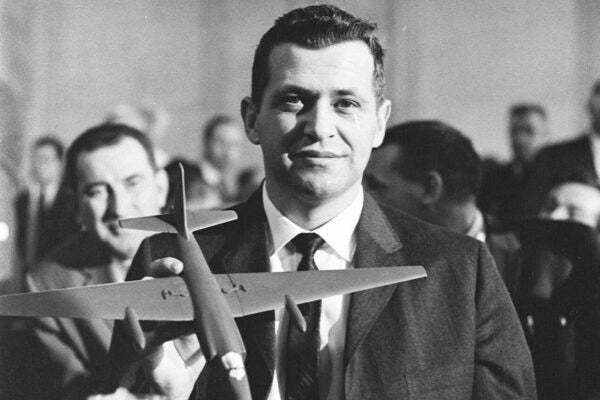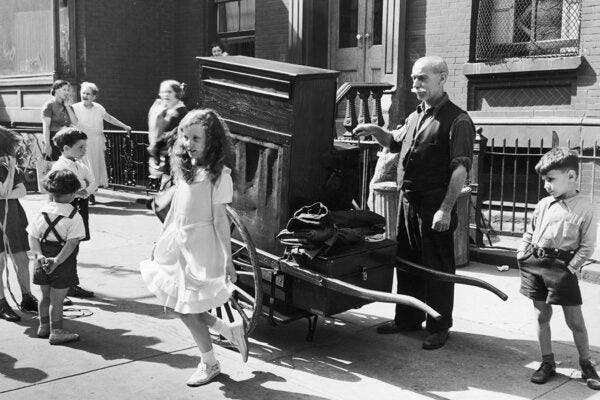The Racial Myth of the Basque Sheepherder
How ideas of ancient tradition shaped labor and immigration in the American West.
Tarring and Feathering, American Style
What began as a European folk practice became a distinctly American ritual of public punishment.
Contesting American Citizenship… in 1784
The Longchamps Affair shows how early Americans struggled to define citizenship amid conflicting laws and revolutionary values.
Unforgettable Fire: The U-2 Incident
Reports on the May 1960 downing of an American U-2 spy plane over the Soviet Union offer a case study in Cold War posturing and misdirection.
A War on Street Music in NYC
In the New Deal era, New York City banned street musicians, classifying them as beggars. Some New Yorkers fought back.
A Secret Cipher for the KKK
How did the Ku Klux Klan spread across the South? Part of its journey depended on a code for secret correspondence.
We Descend from the River
Public spaces are often sites of commemoration of events in the nation’s history. But which public is represented in and served by those spatialized celebrations?
Quakers Against Thanksgiving
In colonial America, government “thanksgivings” blurred faith and politics. For Quakers, rejecting them was an act of religious conviction.
The Tamest Grizzly of Yellowstone
Adored by tourists and studied by scientists, a grizzly mother named Sylvia became an emblem of the fragile balance between humans and the wild.
The Victory of Public Lands
Most Americans agree on the value of preserving public lands. How did the idea of public lands come about, and how can we ensure they exist in the future?









